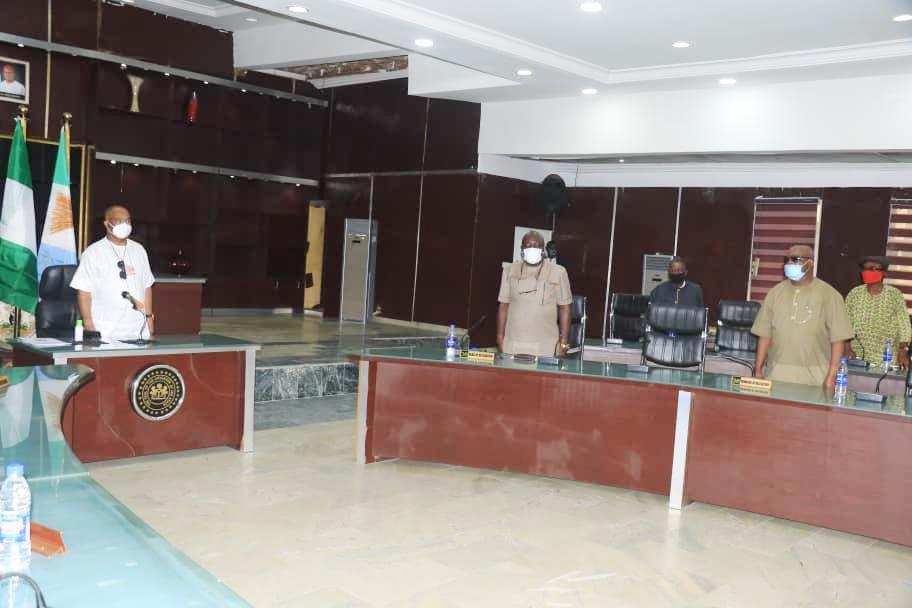Following the rising turbulence surrounding the incessant cases of Fulani herdsmen invasions’ in several farming communities, some tax consultants have started evaluate the real economic values of the group vis-à-vis their contributions to the national economy in this era of tax reforms.
According to Nigeria’s prevailing tax laws, business operators are to pay their taxes at the state of business activities.
Considering this scenario, the question is now how and where transitory cattle herdsmen can be taxed hence he is always on transit.
According to a tax consultant, Seun Oladipo, several states where herdsmen had done serious havoc on farmlands find it impossible to profile the herders because they are not permanent.
He said “In line with modern economic realities, the era of herdsmen transiting and criss-crossing parts of the country from year to year are over as the idea cannot give any room for proper profiling for proposes of taxation”.
“In tax laws and regulations, no business is treated in isolation. We are disturbed on why the federal government is yet to be disturbed about tax evasion on the side of Fulani herdsmen in a government that is reforming tax regime.
“How many Fulani herdsmen complied with the provisions of VAIDs currently window to declare their unpaid taxes or regularize their tax documentation”.
Continuing, Oladipo argued that “it will amount to selective justice if tax reforms driven by the Minister of Finance and FIRS are not extended to Fulani herdsmen simple because they are moving from one place to another or they are known for monopoly of violence.
He further queried the earmarked N5.30 billion to cater for the national grazing reserve development in the 2018 budget proposal which is currently before the National Assembly for scrutiny.
He asked to know further the real total tax generated both by the federal government and all the states where cattle business is ran in a year so as to find out what value the business is adding in the growth of the economy, saying “Only such data can validate whatever allocation that is being considered for cattle business in the 2018 budget”.
Already, the federal government had made it clear that if the N5.30bn is approved, it will be used to address cattle grazing.
This is coming at a time when the country is grappling with herdsmen and farmers clashes, leaving scores of people dead, homeless and desolate, especially in Benue, Taraba and Ekiti States.
According to the abridged version of the 2018 budget, N6.75 billion is allocated for rural roads and water sanitation programmes, N25.1 billion for promotion and development of value chain across 30 different commodities, and N4 billion for agribusiness and market development.
The proposed budget also includes N2 billion for partnership of expanded water, sanitation and hygiene (PEWASH), N40 billion for Sustainable Development Goals (SDGs) intervention programmes, and N11.75 billion for other SDGs projects.
Over N50 billion is set aside to address water supply, rehabilitation of dams and irritation projects nationwide.









